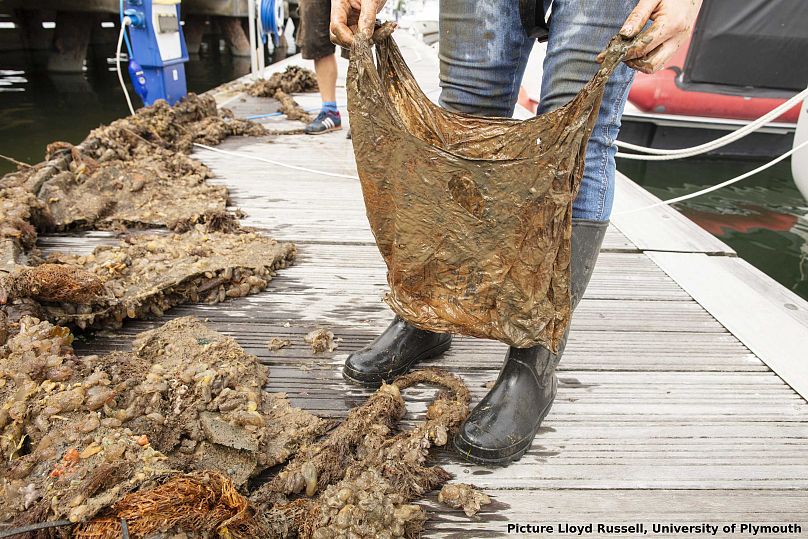The study examined the degradation of five plastic bag materials widely available from high street retailers in the UK.
"Biodegradable plastic bags are still capable of carrying full loads of shopping after being exposed in the natural environment for three years," researchers from the University of Plymouth said in a new study.
The study examined the degradation of five plastic bag materials widely available from high street retailers in the UK.
While all the materials had completely disintegrated after nine months in the open air, even biodegradable plastic bags were still functional after over three years in the soil or seas.
“For a biodegradable bag to be able to do that was the most surprising. When you see something labelled in that way, I think you automatically assume it will degrade more quickly than conventional bags,” said Research Fellow Imogen Napper, who led the study as part of her PhD.
“This research raises a number of questions about what the public might expect when they see something labelled as biodegradable," said Professor Richard Thompson OBE, who was involved in the study.
About 100 billion plastic bags are issued every year, according to data published by the EU Commission in 2013, with often dramatic consequences for the marine environment.
"Plastic debris appears in every ocean of the world. Every year, we’re adding millions of tons more plastic to marine environments. Some researchers estimate that we may be adding up to 12 million tonnes annually," co-founder of Greenpeace International Rex Weyler wrote in a 2017 article.
"Researchers have found plastic in the stomachs of 44% of all seabird species, 22% of cetacean species, and in all sea turtle species," Weyler said.
In a bid to reduce marine litters, many governments across the world have recently introduced legislation to cut plastic use. In March 2019, the European Parliament approved a law banning a wide range of single-use plastic items by 2021.
But the new study suggests further regulations are needed to tackle the plastic crisis.
"I think we need clearer policy and international standards to define what we mean when we say something is biodegradable," Professor Thomson said.












